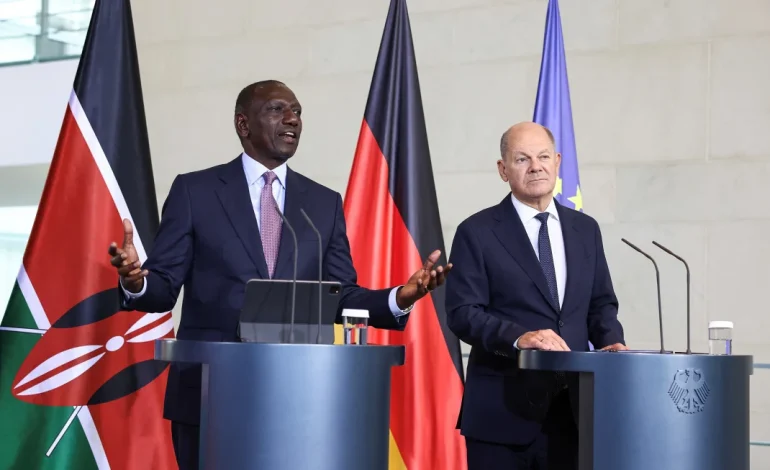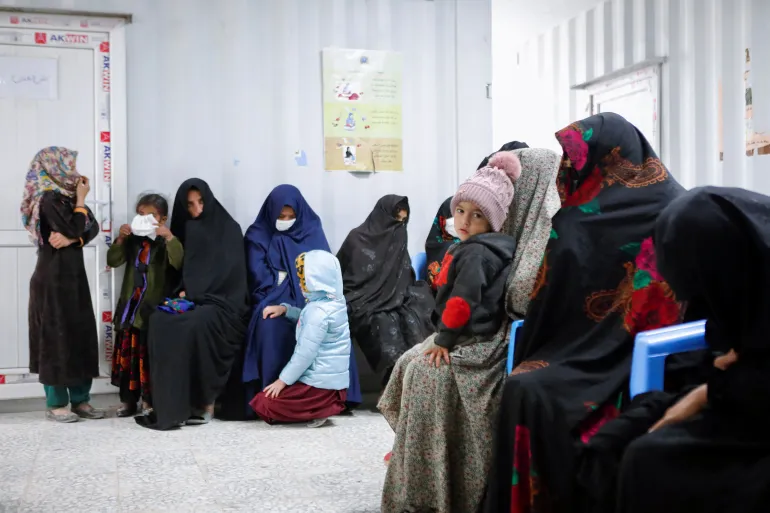Germany, Kenya Strike Controlled Migration Deal for Skilled Workers

Germany has inked a controlled migration deal with Kenya to address labor shortages and enhancing bilateral cooperation, CNN reports.
The pact will allow Berlin to accommodate skilled and semi-skilled Kenyan workers in a move that addresses the growing demands of the German labor market.
The deal was officially signed by German Chancellor Olaf Scholz and Kenyan President William Ruto, who arrived in Germany for an official two-day visit. While the specific number of workers anticipated to migrate has not been disclosed, Kenya’s presidential office previously suggested that the agreement could create employment opportunities for up to 250,000 Kenyans.
Migration has emerged as a contentious issue in Germany, notably contributing to the rise of the far-right Alternative for Germany (AfD) party. Between 2015 and 2016, Germany accepted over one million migrants during a humanitarian crisis and has continued to welcome large numbers of Ukrainians.
This new agreement arrives on the heels of a government initiative to strengthen border controls and combat illegal immigration. Recently, Germany unveiled a suite of security measures designed to expedite the deportation of rejected asylum seekers and undocumented immigrants, which are set to take effect next week.
The primary goal of the deal, beyond regulating migration, is to fill gaps in both nations’ labor markets. It is expected to provide vital opportunities for Kenyan workers while addressing Germany’s pressing need for skilled laborers, compounded by an aging workforce. Additionally, the agreement aims to simplify the repatriation process for Kenyans currently residing in Germany without legal status.
As part of the collaboration, Germany and Kenya have agreed to enhance their cooperation on repatriation. Measures being introduced include the use of biometric data to identify individuals who need to return to Kenya. Furthermore, expired passports and identity cards will now be accepted as valid travel documents to facilitate smoother repatriation processes.
Currently, approximately 14,800 Kenyan citizens are residing in Germany, with around 800 people identified as requiring deportation.
German Interior Minister Nancy Faeser expressed satisfaction with the new agreement.
“We want to consistently enforce the repatriation of people without a right to remain – this is an important building block for limiting irregular migration. We have made good agreements for this,” she said.
Faeser also stressed the importance of attracting qualified workers to meet the demands of Germany’s economy.
The German Interior Ministry has indicated that it is in confidential discussions with several other countries regarding similar migration agreements.
The introduction of this security package follows a tragic incident in Solingen, where three people were fatally stabbed on August 23. The suspect, a 26-year-old Syrian man with alleged ties to ISIS, was reportedly scheduled for deportation prior to the attack.








